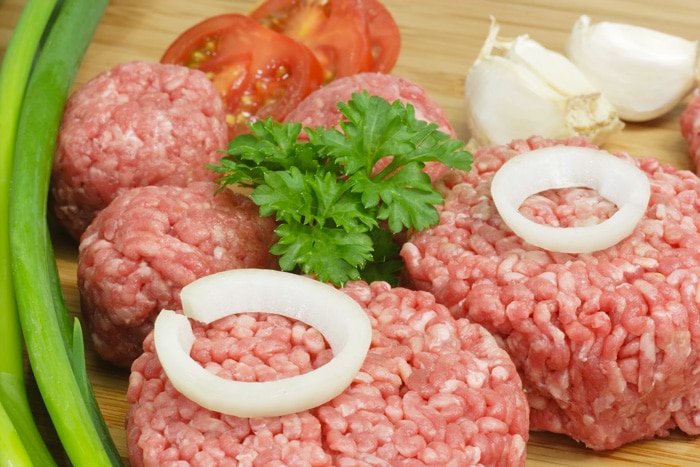Food poisoning, also known as food borne illness, is more common than you may think. As warmer weather approaches, it’s important to protect your food from bacteria and contaminants that could lead to food poisoning.

Here are 8 Tips to Prevent Food Poisoning
- Shop smart!There’s a reason food items have expiration dates. Check the expiration dates on milk, meat, and even produce items like pre-washed greens to make sure you aren’t buying spoiled food or items that are going to expire soon. Keep cold foods cold. Wait until the end of your shopping trip to pick up milk, dairy, and meats, as the longer these items are refrigerated, the longer they will stay fresh.
- Wash, wash, wash!Make sure you wash your hands, utensils, and chopping boards before preparing food. All fruits and vegetables should be properly washed before eating or cooking. Even foods like potatoes and carrots that you plan to peel should be washed thoroughly before you cook them.
- Avoid eating raw foods.Eggs and raw seafood (think sushi) have been linked to many cases of food poisoning outbreaks. It’s better to avoid raw foods and unpasteurized milks and cheeses, especially if you’re pregnant.
- Don’t cross-contaminate.Use separate cutting boards and utensils when preparing raw meat and fresh produce. This will prevent bacteria from uncooked meat and seafood from contaminating ready-to-eat foods.
- Cook thoroughly.Make sure protein foods (chicken, meat, seafood) are cooked thoroughly. Use a thermometer to check when these foods are cooked to the correct temperature, i.e., 160 °F for beef, 145°F for pork, and 165 °F for chicken and turkey.
- Do not thaw foods at room temperature.Food thawed at room temperature may start to spoil. Instead, thaw foods in the refrigerator and use them promptly. Do not refreeze foods once they have been completely thawed.
- If in doubt, throw it out.If you aren’t sure if something is still safe to eat because it’s discolored or appears “old,” it’s better to throw it out than to get sick later from food poisoning.
- Refrigerate leftovers promptly.To prevent the possibility of infection, thoroughly re-heat all leftovers before you eat them. If your leftovers have been in the fridge longer than you can remember… see #7 above.
The Bottom Line
Eating safe food is an investment in your health and well-being. Take these steps to ensure that your food is safe for you and your family.
Alumni: University of Florida – Sejal is a registered dietitian, a certified diabetes educator and she holds a masters degree in nutrition and health. Sejal was the project coordinator for the Veteran’s Administrations (VA) national weight loss program and previously worked for the VA hospital in Tampa, FL as a Spinal Cord Injury dietitian.
Sejal has had numerous clinical and community education experiences, including pediatric and intensive care nutrition support. She has also had the opportunity to teach nutrition courses at the community college level to students interested in pursuing health professions. One of her favorite areas of education is diabetes management.


